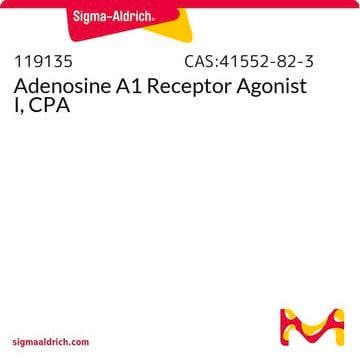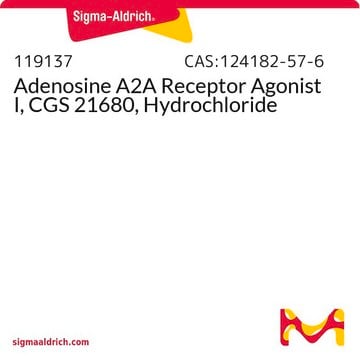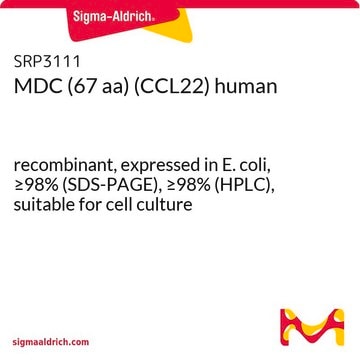S4568
SCH 58261
≥98% (HPLC), solid
Synonym(s):
7-(2-phenylethyl)-5-amino-2-(2-furyl)-pyrazolo-[4,3-e]-1,2,4-triazolo[1,5-c]pyrimidine
About This Item
Recommended Products
Quality Level
Assay
≥98% (HPLC)
form
solid
color
off-white
solubility
DMSO: soluble >10 mg/mL
H2O: insoluble
SMILES string
Nc1nc2n(CCc3ccccc3)ncc2c4nc(nn14)-c5ccco5
InChI
1S/C18H15N7O/c19-18-22-16-13(11-20-24(16)9-8-12-5-2-1-3-6-12)17-21-15(23-25(17)18)14-7-4-10-26-14/h1-7,10-11H,8-9H2,(H2,19,22)
InChI key
UTLPKQYUXOEJIL-UHFFFAOYSA-N
Application
Biochem/physiol Actions
Features and Benefits
Storage Class Code
11 - Combustible Solids
WGK
WGK 3
Flash Point(F)
Not applicable
Flash Point(C)
Not applicable
Personal Protective Equipment
Choose from one of the most recent versions:
Certificates of Analysis (COA)
Don't see the Right Version?
If you require a particular version, you can look up a specific certificate by the Lot or Batch number.
Already Own This Product?
Find documentation for the products that you have recently purchased in the Document Library.
Customers Also Viewed
Our team of scientists has experience in all areas of research including Life Science, Material Science, Chemical Synthesis, Chromatography, Analytical and many others.
Contact Technical Service
















